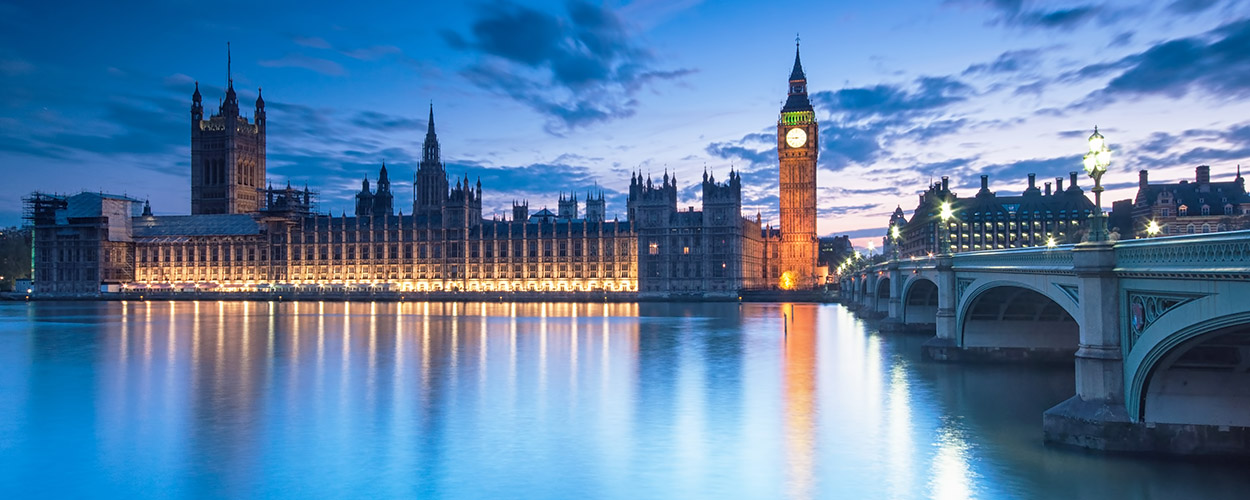This website uses cookies so that we can provide you with the best user experience possible. Cookie information is stored in your browser and performs functions such as recognising you when you return to our website and helping our team to understand which sections of the website you find most interesting and useful.
CMU Digest
CMU Digest 06.12.21: Brennan bill, comedy rights, ticket tout convictions, NetEase, Apple v Epic
By Chris Cooke | Published on Sunday 5 December 2021

The key stories from the last week in the music business…
Kevin Brennan MP’s copyright reforming private members bill was debated in Parliament. Based on recommendations made by Parliament’s culture select committee at the end of its inquiry into the economics of streaming, the bill proposed giving artists the right to renegotiate old record deals, to reclaim previously assigned rights, and to claim a cut of digital income stemming from their recordings via the performer equitable remuneration system. The bill was opposed by the UK government, which argued that it has already instigated working groups and research in response to the select committee’s inquiry, while the Competition & Markets Authority is undertaking a market study. As a result, Brennan failed to get a vote on whether his bill should proceed to the next stage, meaning that – although it wasn’t technically voted down – it is unlikely to progress. However, during the debate the government said it now expected the music industry to address the various issues that have been raised about the streaming economy within a year, otherwise ministers could support at least some of the changes to copyright law proposed by the select committee and Brennan. [READ MORE]
It emerged that a stack of comedy content had been removed from Spotify as a result of a licensing dispute in the US. The dispute relates to what rights Spotify is being granted when comedians and comedy labels push recordings of stand-up performances into its library. When musicians and music labels provide their recordings – and provide permission for Spotify to stream said recordings – the streaming service must still get additional licences to exploit the separate rights in the songs contained in those tracks. Some comedians argue that the same applies to their content, ie labels provide permission to exploit the recordings of their comedy, but not the routines contained in those recordings, which would be literary works in copyright terms. Two organisations have launched in the US to represent comedians in this domain, and an approach by one of those organisations – Spoken Giants – seemingly led to Spotify removing some comedy content. Spoken Giants criticised that move, but Spotify said that it was necessary while the rights issues that have been raised are addressed. [READ MORE]
Two jailed former ticket touts failed to overturn their convictions in the English court of appeal. Peter Hunter and David Smith were previously found to have broken various consumer rights laws through the running of their ticket touting enterprise. In both their original court case – and on appeal – Hunter and Smith argued that the tactics they employed to harvest and resell tickets were used by many other touts, and that they were knowingly tolerated, and in some cases encouraged, by some of the secondary ticketing websites, and even by some players in the wider live and ticketing industries. The appeal judges said that may well be the case – and that there was definitely evidence to suggest the ticketing market is possibly “one which [is] characterised by a high degree of criminal fraud”. However, they added, that wasn’t relevant to this case which “focuses more narrowly upon the conduct of the appellants as buyers and resellers of tickets, and not on the possibility that fraud is also being perpetrated by others”. [READ MORE]
Chinese web giant NetEase listed its music division as a standalone company on the Hong Kong Stock Exchange. NetEase announced its plans for an Initial Public Offering of Cloud Village Inc – which operates NetEase Cloud Music – back in May. The listing was delayed because of a regulator crackdown against tech giants in China, which caused concerns in investment circles. But a regulatory filing last month confirmed the IPO would go ahead on 2 Dec. However, NetEase downgraded its ambitions for how much money would be raised via the share sale. Sources say that it was originally hoped the listing could net $1 billion, but a $500 million target was set instead, and in the end $421 million was raised. Nevertheless, NetEase boss William Ding said he was still optimistic about the future of Cloud Village Inc which will become “an audio-centric universe”, encompassing “music, podcasts, live streaming, karaoke, audio theatre [and] radio” in a way that would create “multifaceted experiences and scenarios”. [READ MORE]
The ongoing dispute between Apple and Epic Games continued, this time in the Ninth Circuit appeals court in the US. Epic – like Spotify – reckons that Apple’s App Store rules are anti-competitive. As part of legal wrangling in the Californian courts, Epic secured an injunction ordering Apple to change one of those rules, so that the operators of iOS apps can link, within their apps, to payment sites elsewhere on the internet. Currently app makers have to take in-app payments via Apple’s commission charging transactions system, and cannot sign-post alternative payment options outside the app. Apple wants that injunction paused, because both it and Epic are appealing a judgement on their wider dispute. Those efforts to delay the injunction are now before the Ninth Circuit. Epic’s demand that the injunction still go into force this month was backed up by a number of other app makers, although Apple said that that support came via a trade body that was basically a front for the gaming company – an allegation said trade body denied. [READ MORE]





